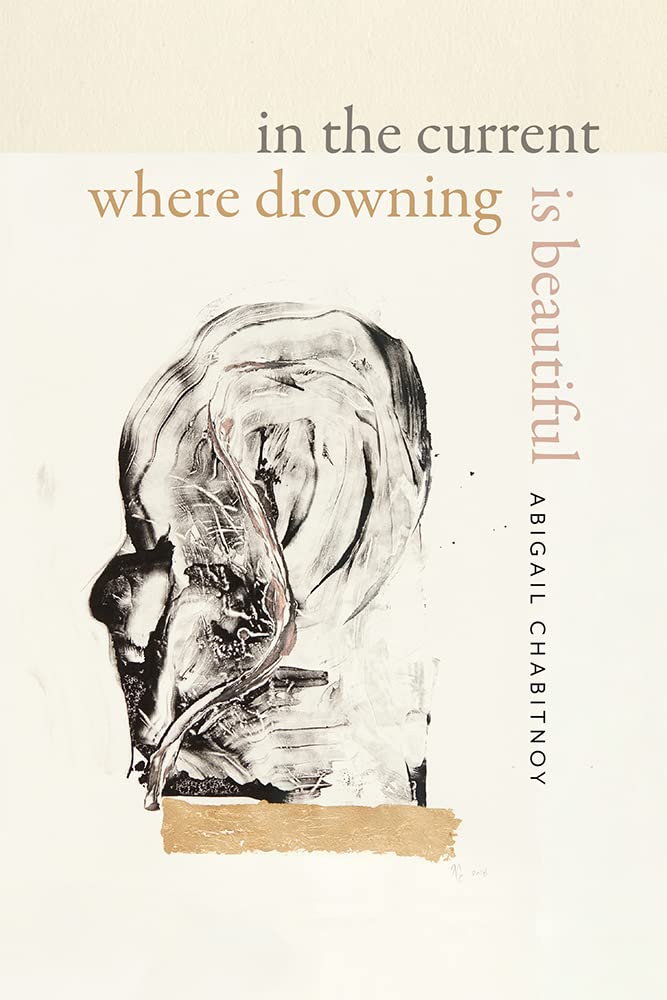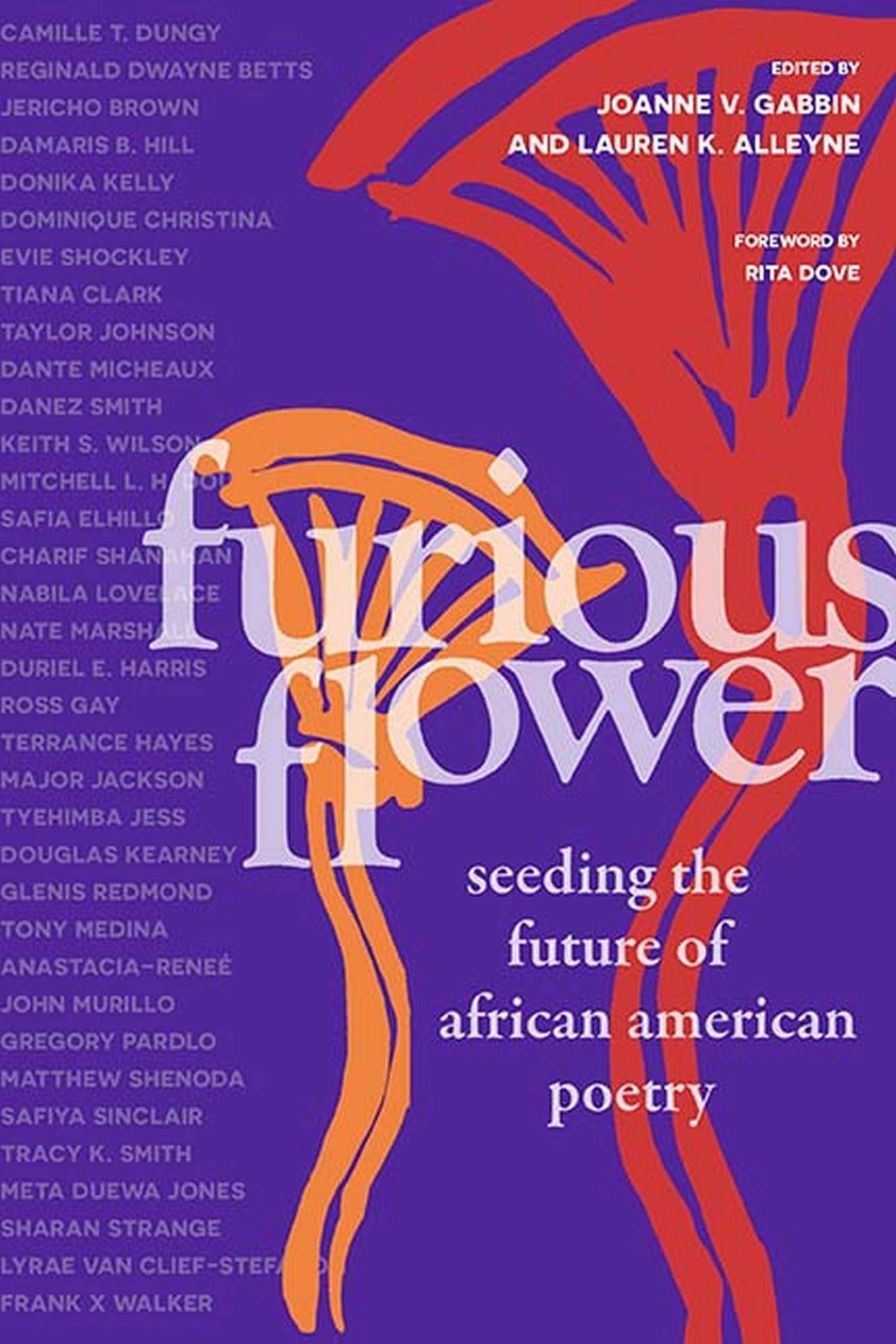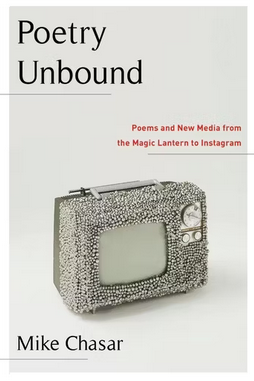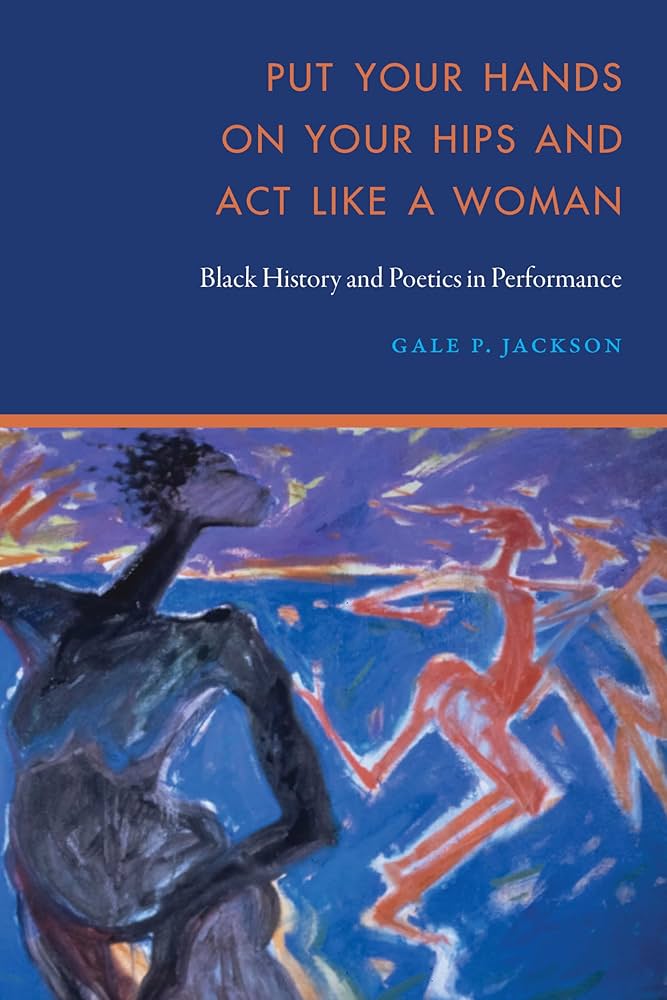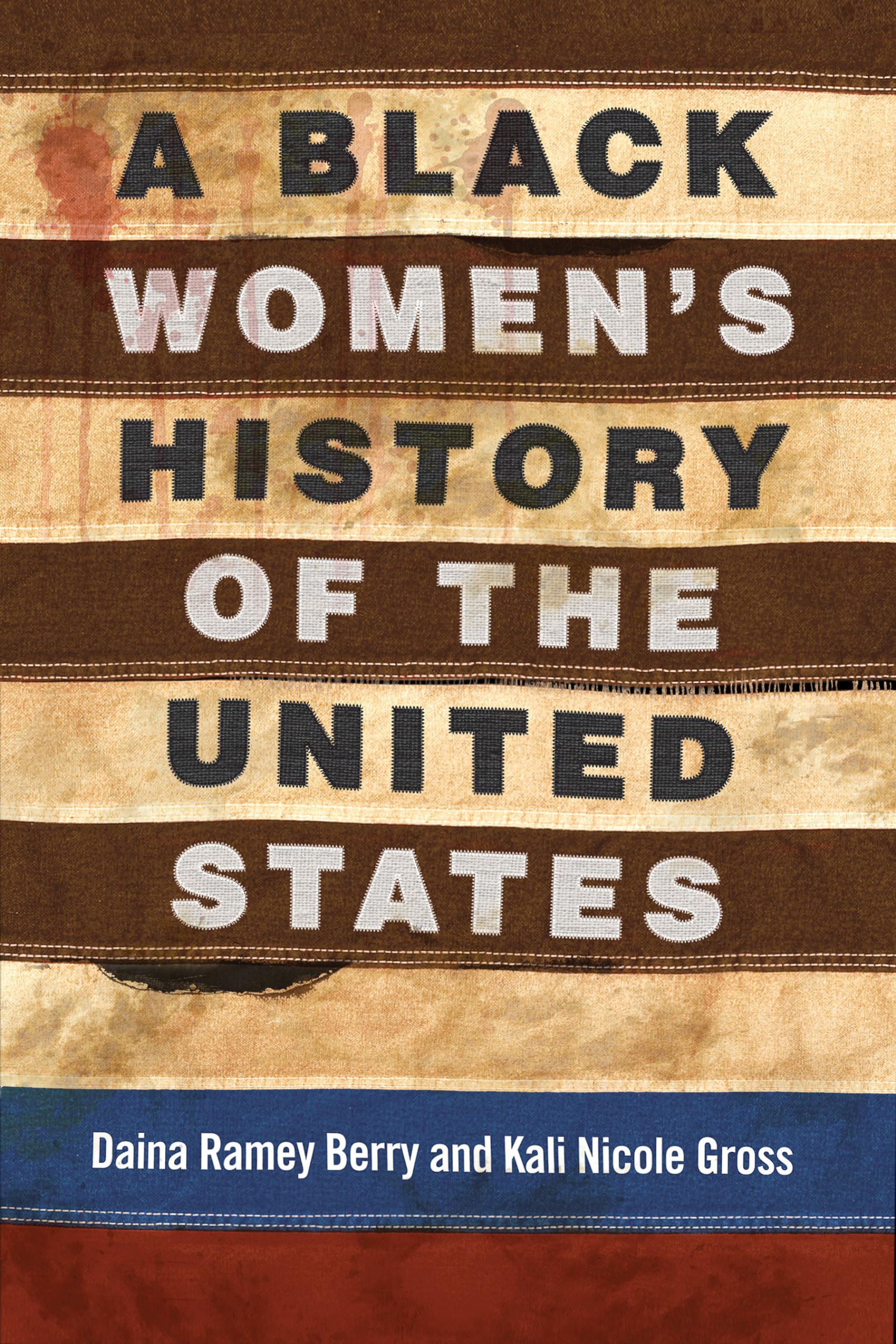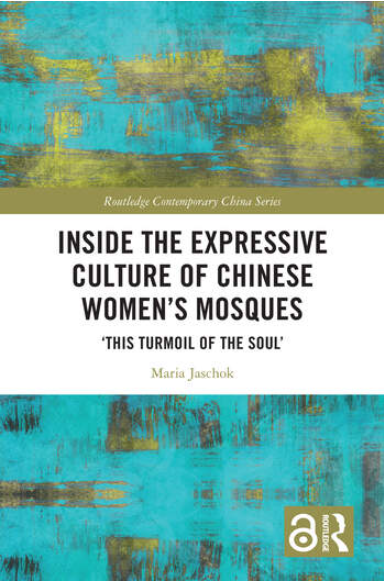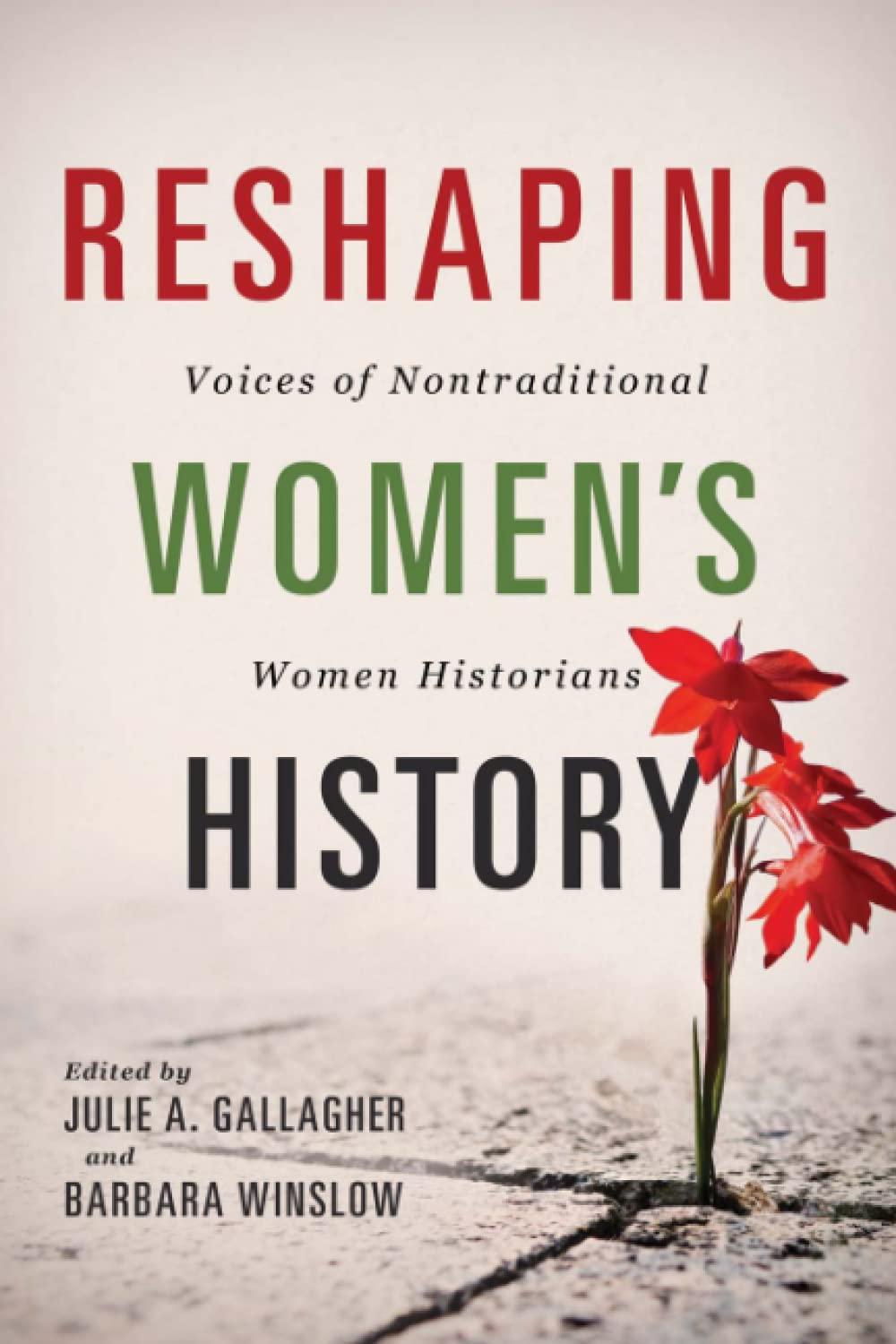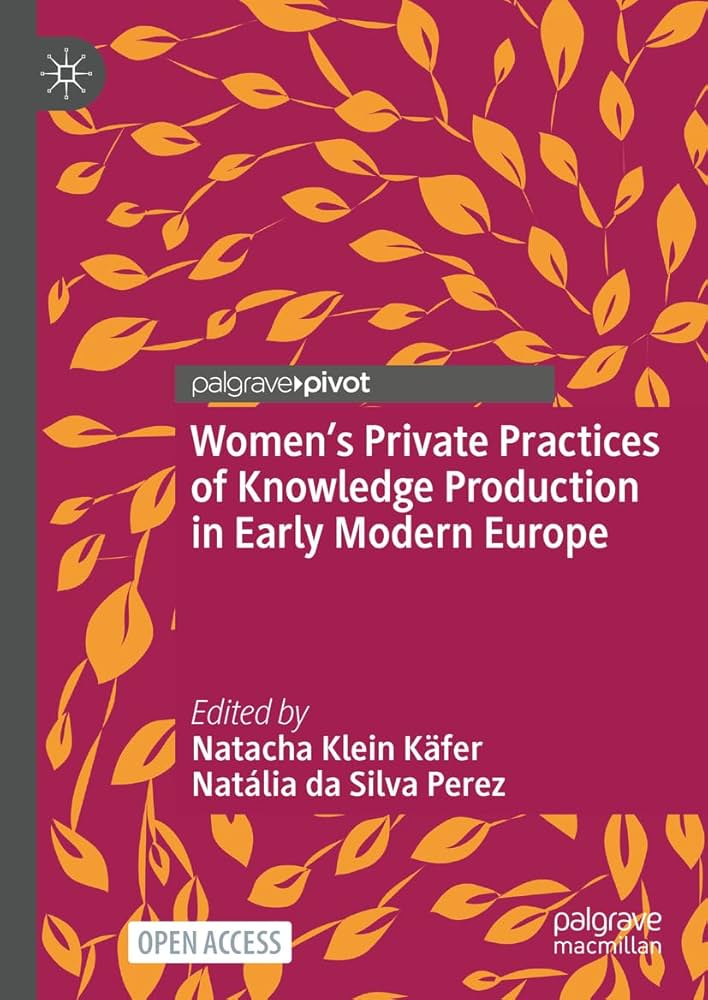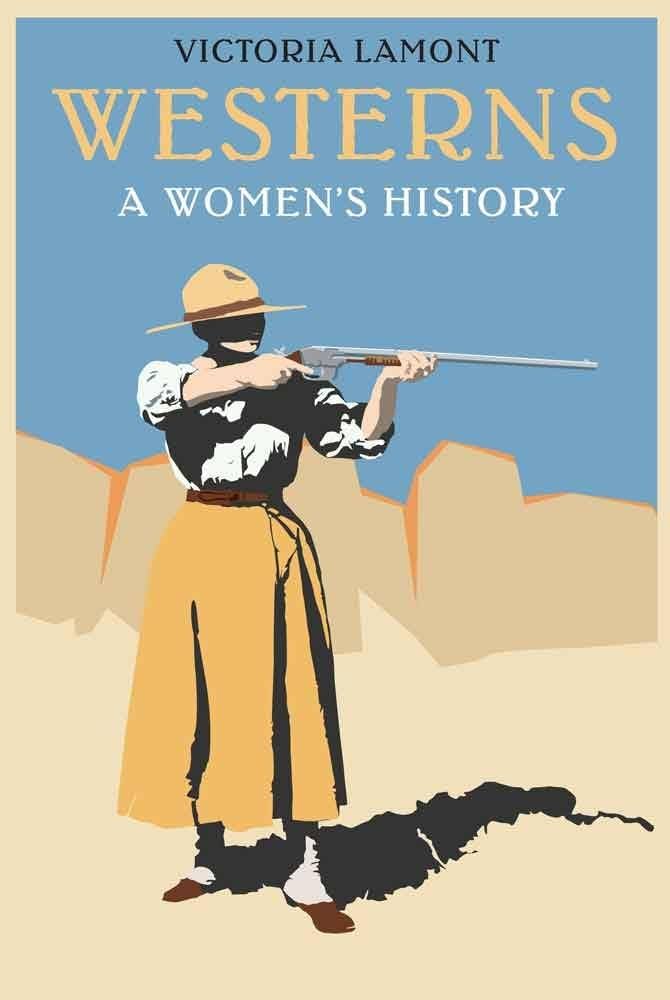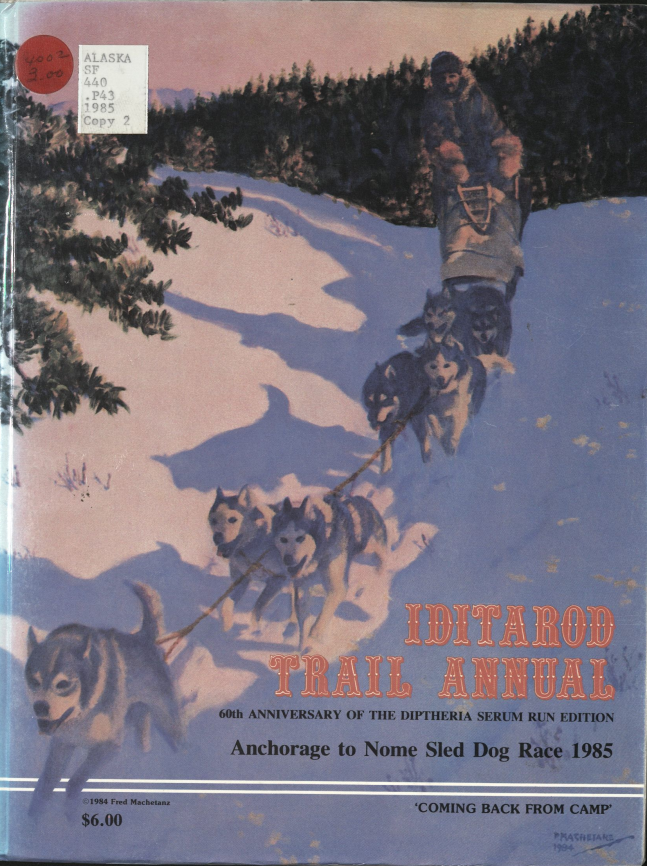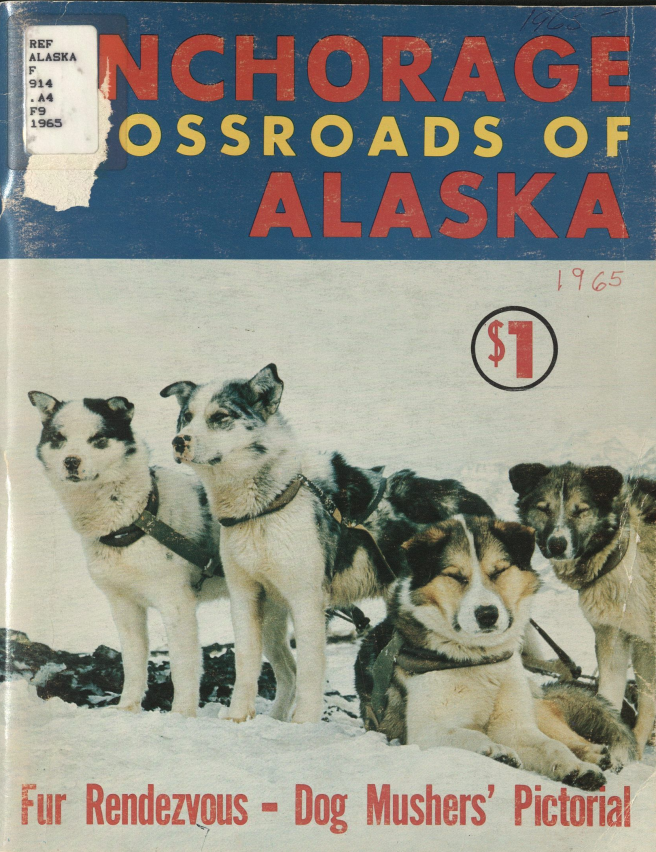The Constitution of the State of Alaska was adopted by the Alaska Constitutional Convention on February 5, 1956 and ratified by the people of Alaska April 24, the same year. We now celebrate April 24th as Alaska Constitution Day (which was yesterday). We’ve highlighted some resources below so that you can dive deeper into the Alaska State Constitution!

The book Alaska’s constitution: a citizen’s guide by Gordon Harrison is a good primer if you’re not familiar with the Alaska Constitution. The fifth edition was updated in 2021 and summarizes the creation of the constitution and discusses some of the political history and judicial interpretations since then. It is available at the Consortium Library to be checked out. You can read Alaska’s Constitution in full here.
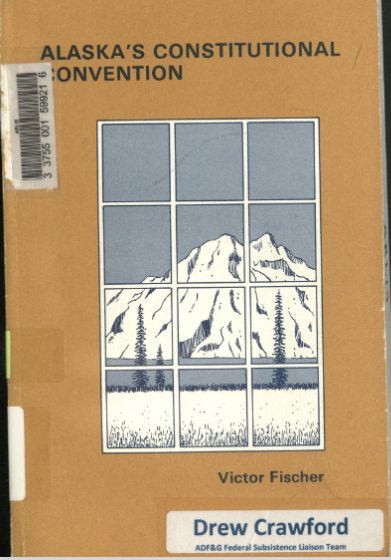
The book Alaska’s constitutional convention by Vic Fischer was published by ISER in 1975. Fisher served as one of the delegates to the constitutional convention and recounts the story of how how the Alaska constitution came to be. Find this text at the Consortium Library in the Alaskana Collection or in ARLIS. Vic Fischer was the last surviving signer of Alaska’s constitution and passed away at the age of 99 in 2023. You can read more about him here.
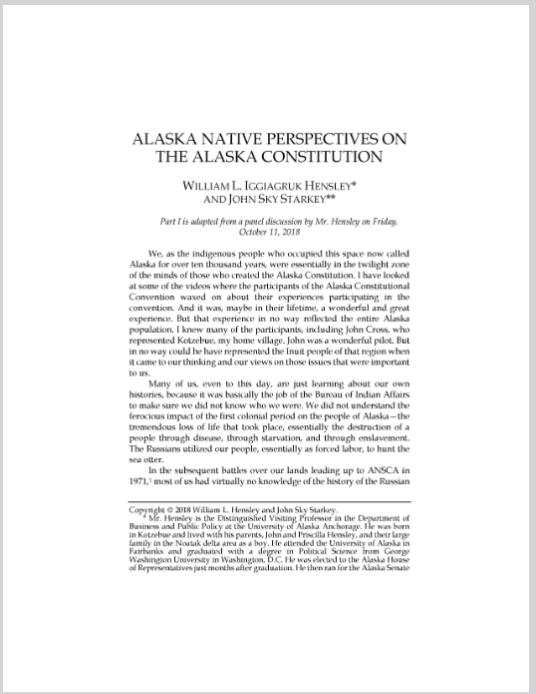
The article Alaska Native perspectives on the Alaska constitution by William L. Iggiagruk Hensley and John Sky Starkey provides a counter-perspective on the creation of the Alaska Constitution and the ways in which Alaska Native voices were excluded from the process. Part one of the article was adapted from a panel discussion that took place in 2018. Find the full text here (be sure to login for off-campus access first if you are accessing from home).
The Alaska Law Review had a number of articles addressing varying aspects of the Alaska Constitution and how it impacts Alaskans. These include:
- The unique promise of the Alaska constitution: the right to rehabilitation by Adam Beyer, published 2023.
- Alaska’s constitution and felony disenfranchisement: a historical and legal analysis by J C Croft, published 2019.
- Of time, place, and the Alaska constitution by Alan G Tarr, published 2018.
- The Alaska constitution and the future of individual rights by Erwin Chemerinsky, published 2018.
Want to explore further? The Archives and Special Collections has a number of collections related to the Alaska Constitution, including the personal papers of some of the delegates to the Constitutional Convention. Browse through the collections here and contact the Archives directly to make an appointment to see the collections.

